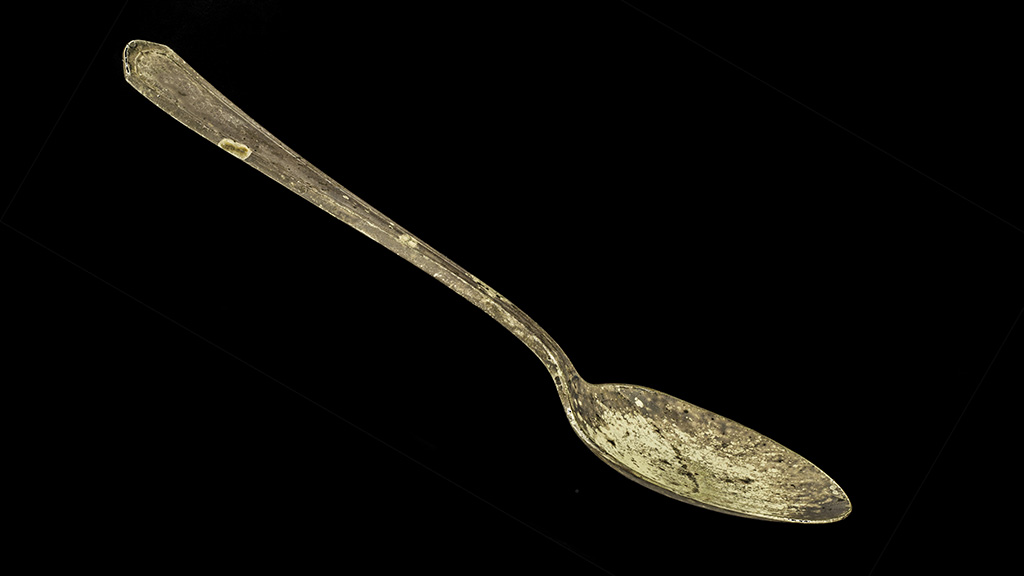Abstract
In this interrupted case study, students learn about the influence of early fetal nutritional conditions on the expression of genes related to metabolism and growth. Beginning with the true event of a food and fuel embargo that led to famine in the western Netherlands toward the end of World War II, students learn about the historical background of the Dutch Hunger Winter and its social impact. Using real data from the study conducted by Heijmans and coauthors (2008), students then compare the methylation level of a specific gene between individuals conceived during the famine and their unaffected siblings, and how changes in the expression of this metabolically important gene may impact the risk of developing type 2 diabetes. Supported by other studies on mice and in humans, students conclude that in utero events may impact the health of individuals later in life through epigenetic mechanisms. The case is ideally suited for a molecular or cell biology course, but is also appropriate for an introductory biology course in which students have an understanding of descriptive statistics, interpretation of statistical test results, eukaryotic gene structure, and regulation of gene expression.



